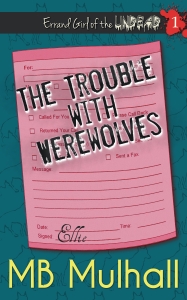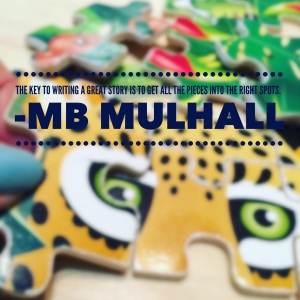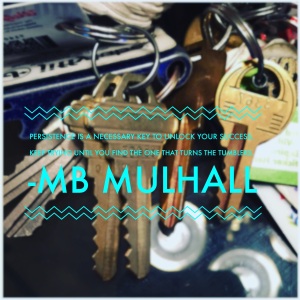Happy book birthday to The Trouble with Werewolves! For a short story, it certainly took me a long time to get this one out into the world. I think a lot of the reasoning was because I wasn’t completely done with the series and wanted to hold off. I’m still not done (the 3rd book is nearing completion but has a ways to go yet) but I figured if I published then it would push me to get it done.
I really enjoyed writing this story, I think because Ellie’s a tough chick but with a definitely vulnerable side to her. She’s had an interesting upbringing but still wanted to be “normal”. Like most teens, she is trying to find herself, love, and a great pair of jeans to highlight her ass…ets.
I hope you enjoy her antics as much as I enjoyed writing about them!

Ellie Weston may look like a blonde Barbie wanna-be, but call by her full name of Elvira and you’ll find she can take you down with nothing more than a paperclip and a hair tie. Having been raised by an ancient vampire, a faerie and a demon hardly makes her a normal teen. She’s trained in self-defense, with a bit of magic thrown in, but those talents are going to waste as she picks up dry cleaning, walks three-headed dogs and collects grave dust by the light of the full moon.
Her job as an errand girl to the undead–and other paranormal creatures–has kept her busy and relatively safe, until she receives a job to hunt down a rogue werewolf who is brutally butchering norms in her father’s territory. As she tries to track down the bloodthirsty beast, she finds the clues aren’t quite adding up. Will her wiles be enough to keep her safe and solve the mystery, or will she become the next victim of these ghastly crimes?
Pick up a copy for 99 cents!
Amazon: http://www.amazon.com/Trouble-Werewolves-Errand-Girl-Undead-ebook/dp/B01CC5FSF2
Nook: pending (check back!)



